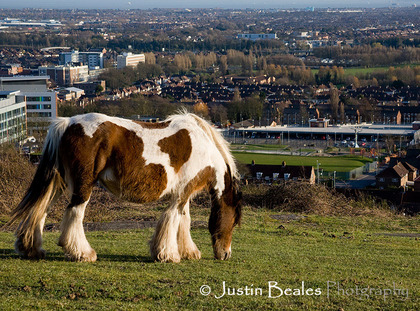
Brian Donahue's essay, Reclaiming the Commons, had me grabbing for a pen. I know it's a good article when I want to underline, highlight or take notes. In this context, "The Commons" refers to the shared lands of a region by ALL it's people. In every society, you need a balance of both private and common land to build a strong local economy and to preserve culture. As of late, urban sprawl and unbridled development have created an imbalance. Brian's main objective to "reclaiming the commons" is to urbanize sustainably. He started a nonprofit based on these principles for Weston, MA called Land's Sake.
The land most at risk is that on the outskirts of large urban areas, land to which people want to relocate while at the same time remaining close to the metropolitan hub. Once-working farmland is being sold off and zoned for residential, commercial and industrial use. How do we preserve this farmland and accommodate the pressure on suburbia to expand? Brian explains, "in regard to land, a community must agree on a common interest with a shared land ethic in order to create local economies which are land appropriate." He's basically saying, we can develop but let's just be smart about it and think how economic decisions impact not only the land but the people. If we did this, things like mountain top removal would never have happened. Mountain top removal is neither land appropriate or instituted with a shared land ethic. To start solving these big questions, we need to evaluate land based on three criteria: will the land be used for residental/commercial, farmland, or forest? Those questions will determine if the land is to be privately held or shared by the commons. In some cases, you can have both. For instance, instead of subdividing a 100-acre farm into 20 sublots, how about putting those same 20 homes on one acre each keeping the other 80 acres as "working" farmland for the community?
Brian approaches agrarianism in it's purest form...as community. The kind of community we all think about when we think of the word "community"...your neighbors, town hall meetings, the welcome wagon, little league, pancake breakfasts, etc. He wants us to view land through the same lens with which we view our community, that is, with respect. In sum, Brian advocates that agrarians are sharing their knowledge outside of their own farms with others in their community to take a holistic approach to the entire landscape.
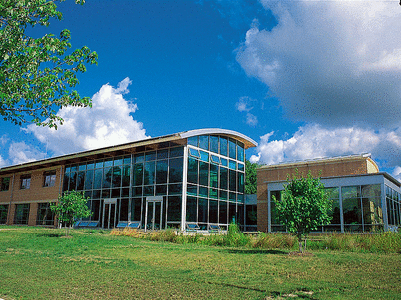
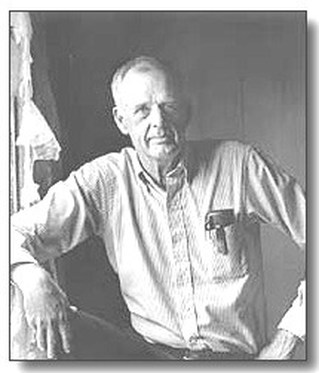
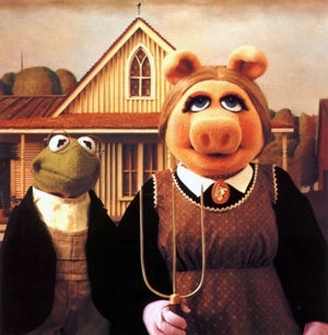
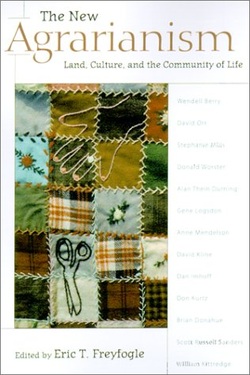

 RSS Feed
RSS Feed
